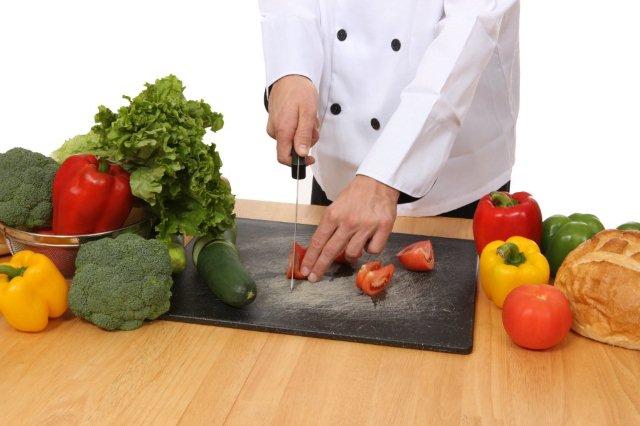Opening a restaurant requires more than a passion for cooking – or food, in general – and strong business knowledge. While those qualities are important, there are many factors to consider and a lot of preparation to do before you make a serious commitment.
Following are just some of the preliminary steps you’ll need to take in order to open a restaurant.
Set yourself Apart (but cater to your customers)
If your restaurant is just like every other food joint in the area, it won’t give customers much incentive to come back. On the other hand, opening a restaurant without considering your primary audience’s tastes sets you up for failure.
Before you start browsing for buildings, think about the types of food and services you’ll offer, and how it’ll be received in different locations. For example, it makes more sense to open a modern coffee shop in a college town or an urban setting than in a quiet rural area populated mostly by retirees.

Get the Necessary Permits
After you’ve decided upon the best place for your restaurant, the first thing you should do is obtain the permits needed to run your business. Most permits demand an application fee plus a renewal fee each year. Be aware that each city has its own specific permit requirements for new restaurants, but you’ll likely need at least these four before opening:
· Business License
This license indicates that you are able to own and operate your business. You can obtain this by visiting your city or state business license department and filling out an application.
· Health Department Permit
This is especially important for restaurants, as it confirms your facility meets safe food handling procedures. You’ll receive this after the health department conducts an inspection of your building.
· Liquor License
You’ll need this license before you’re able to offer alcohol in your restaurant. Get this license by contacting your state’s liquor control agency and filling out an application, and check to see if you need a federal license, too.
· Fire Marshal Permit
This permit shows that your restaurant follows fire safety procedures, including visible emergency exits, fire escape routes, maximum occupancy signs and working fire extinguishers. The state fire marshal usually issues this after an inspection of the premises.
Obtain Funding
You likely don’t have all the money necessary for starting your restaurant – unless you’ve been saving for a number of years. Luckily, you have many options for getting the funds to open a business. Your family and friends may be willing to support you financially, as long as you have a plan for making sure they’re compensated for the money you borrow.
There’s also a large selection of government funding programs for startup businesses, especially for those run by women, minorities and veterans.
Equip your Kitchen
In order for your cooking staff to provide the best food, they’ll need quality cooking, food storage and cleaning equipment. Invest in whatever you’ll need for your menu options. Almost every restaurant needs a deep fryer, oven and stove, so make those a priority.
The type of freezer and refrigeration equipment you should invest in depends upon the size of your restaurant. A smaller restaurant can get by with a simple standup model, but a larger restaurant might require a walk-in refrigerator and freezer for storing larger quantities of food. Don’t forget to include safety features like floor mats and sanitary food preparation equipment.
Once you’ve laid the foundation for your restaurant, you’re ready to make your dream a reality. The next steps are hiring a dedicated staff and promoting your business. If you’re committed to providing the best service, food and atmosphere to customers, they’ll keep coming back.




























